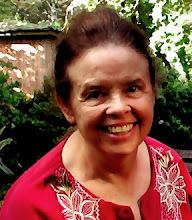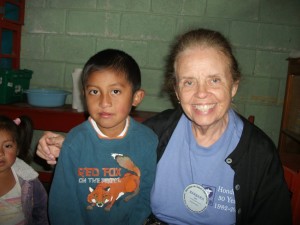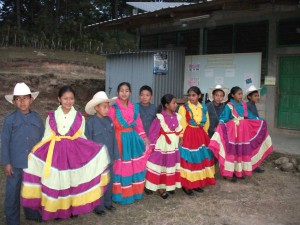

Nine years ago, while serving as a Peace Corps health volunteer in Honduras, I first encountered a medical brigade organized by International Health Service of Minnesota (IHS, ihsmn.org). I’ve returned to Honduras eight times since leaving the Peace Corps to volunteer with IHS in villages located around the picturesque mountain town of La Esperanza, the Hope, my second Peace Corps site.
That town, along with my first posting, El Triunfo, the Triumph, inspired the title of my memoir, Triumph & Hope: Golden Years with the Peace Corps in Honduras and my first IHS brigade experience is described in the book’s epilogue. If you are a health practitioner, doctor, nurse, dentist, pharmacist, or physician’s assistant, retired or still employed, we need you now for one of several brigades going to Honduras next February, including to the Esperanza area where I will again be providing interpretation and medical assistance services. In addition to medical personnel, there’s a need for more Spanish interpreters like me, as well as for general helpers to set up and clean up, and for short-wave radio operators too. Although February is a few months off, we are organizing teams right now.

Our medical brigade work is challenging, 100% volunteer, with no office, overhead, or paid staff, and performed under rustic conditions, the same conditions in which local people live all year round. Volunteers are not limited to Minnesotans, but come from all over the United States and Canada. IHS expects a lot of volunteers, who not only must take time out of their regular schedules, but pay their own air fare and pitch in an extra amount for their food in-country and for medicines and supplies. They will need to bathe in a solar-heated shower provided by the brigade and must bring along their own tents and sleeping bags, to be transported from one village to another. Since most villages have no electricity, a flashlight or forehead light is useful too. Sometimes Honduran practitioners also join us. Local people are always immensely grateful for our services. Last time, I was thrilled to see a boy I had once taken for a harelip/cleft palate repair now able to eat and talk normally.

Brigades last about ten days and include fun activities as well as plenty of hard work. Last February, in the village of La Sorto, in coffee growing country, we were invited to pick coffee and see it processed during our free time. The country’s well-advertised reputation for violence does not extend to the gentle people we serve in rural villages who often entertain us evenings with dances, songs, and skits. Since I am 74 now and return every year, you know the experience must be rewarding!
In addition to working with IHS medical brigades, every February, I have other Honduras projects partially supported by my book sales, including work with a residential school for the blind, a rehabilitation center, and scholarships for selected young people.
Blog photos and reports on my last four Honduras visits, including IHS brigade participation, appear on the following dates: March 11, 2012; March 21 2011; April 28, 2010; and March 28, 2009.
If anyone is interested in participating with our upcoming February IHS medical brigades, please contact organizer John Kirckoff ASAP, JMKKEK@Yahoo.com, Phone: 320-634-4386, or contact me via my blog (address below).
=========================================================================================
Barbara E. Joe, a freelance writer and Spanish interpreter and translator, lives in Washington, DC, and is the author of Triumph & Hope: Golden Years with the Peace Corps in Honduras. Blog: http://honduraspeacecorps.blogspot.com
Leave a Reply